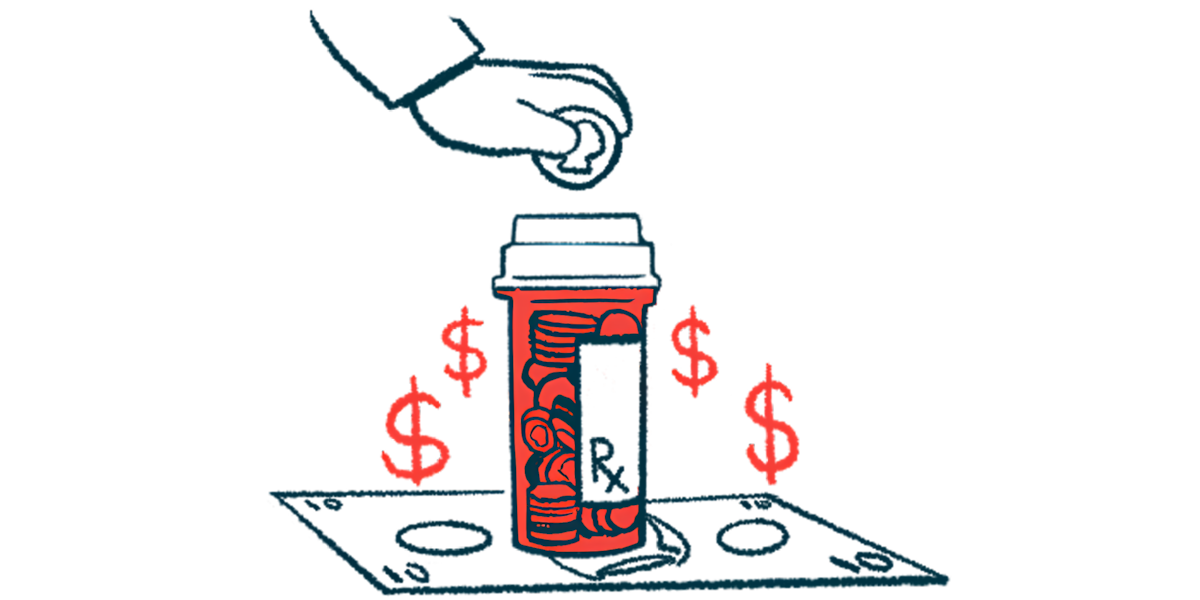Kneu Health gets $5.6M for Parkinson’s symptom-tracking app
Hospital systems in US, UK use FDA-cleared platform to monitor changes
Written by |

Kneu Health said it has raised $5.6 million to expand its smartphone-based platform that helps doctors monitor symptoms of Parkinson’s disease and other neurological conditions.
The company’s platform is a clinically validated tool that tracks changes in movement, speech, and thinking via smartphone. One of its features — a tremor measurement tool — has received FDA clearance for adults who have mild to moderate Parkinson’s disease.
The new funding round brings total financing to $11.2 million, which the company said will help it expand the platform’s commercial capacity, publish outcomes data, and advance dementia monitoring technology.
“This funding allows us to bring that model to the U.S. at the right moment, when health systems are ready to move beyond band-aid solutions and embrace continuous neurological care as core infrastructure, accessible to anyone with a smartphone,” Caroline Cake, Kneu Health co-founder and CEO, said in a company press release.
Parkinson’s is caused by the loss of dopaminergic neurons, the nerve cells that produce the signaling molecule dopamine. This leads to the disease’s motor symptoms, including tremor and issues with balance and gait, and nonmotor symptoms, such as cognitive changes and difficulties with speech.
Making monitoring more accessible
Monitoring symptoms regularly can help doctors track disease progression and choose the most appropriate treatment for Parkinson’s. However, patients often wait months between specialist visits, resulting in a care model that reacts after symptoms have significantly worsened.
Kneu’s smartphone-based platform aims to make symptom monitoring more accessible and integrated into daily routines and care protocols. It uses sensors in patients’ smartphones to measure symptoms such as tremor severity, and assess changes in voice, balance, gait, reaction time, and cognition through structured tests.
The platform uses clinically trained artificial intelligence models that turn voice, movement, and memory into predictive biomarkers, helping detect neurological decline earlier and support timely intervention.
A study with Parkinson’s patients found that platform assessments correlated with clinical questionnaires and were sensitive to daily symptom fluctuations. Smartphone features could predict future clinical outcomes, such as the risk of falls, disease progression, and cognitive decline as early as 18 months in advance.
“We’ve spent the last two years proving that remote monitoring can transform neurological care,” Cake said. “Clinicians are getting clearer insight without added workload, patients no longer face months of uncertainty between visits, and gain confidence that changes will be recognized rather than missed.”
Clinicians report that the platform helps them deliver better patient care, according to the company. In more than half of patients, data collected through the platform supported changes in medication, and 67% of patients gained faster-than-standard access to treatment.
Patients, meanwhile, reported up to a 30% improvement in their knowledge, confidence, and self-management, along with greater independence and daily functioning.
Pilot studies within the UK’s National Health Service also showed that the platform helped reduce emergency admissions and shift Parkinson’s care from reactive to planned approaches, the company said.
The funding was co-led by Oxford Science Enterprises and Cedars-Sinai, with participation from Social Impact Enterprises, JIMCO, G.K. Goh Ventures, and SXSW London.
“Kneu has turned everyday phone interactions into a clinically governed measurement layer that scales across populations without new hardware or staffing,” said Joel Schoppig, health tech investment principal at Oxford Science Enterprises. “With evidence emerging on both sides of the Atlantic, Kneu is laying the foundation for a reference dataset and operating platform in Parkinson’s and dementia that raises standards of care while finally making the economics work for hospitals and payers.”
Nirdesh K. Gupta, PhD, managing director at Cedars-Sinai Technology Ventures, said, “The strength of Kneu’s approach is how rigorous science is carried through into day-to-day practice. By giving neurologists longitudinal signal between visits, the platform reduces avoidable appointments and sharpens focus on the cases that matter most.”



